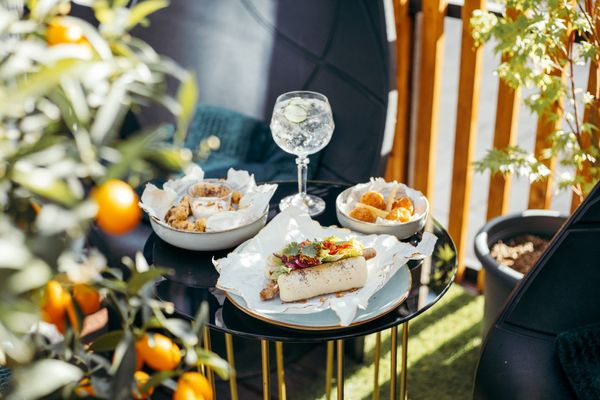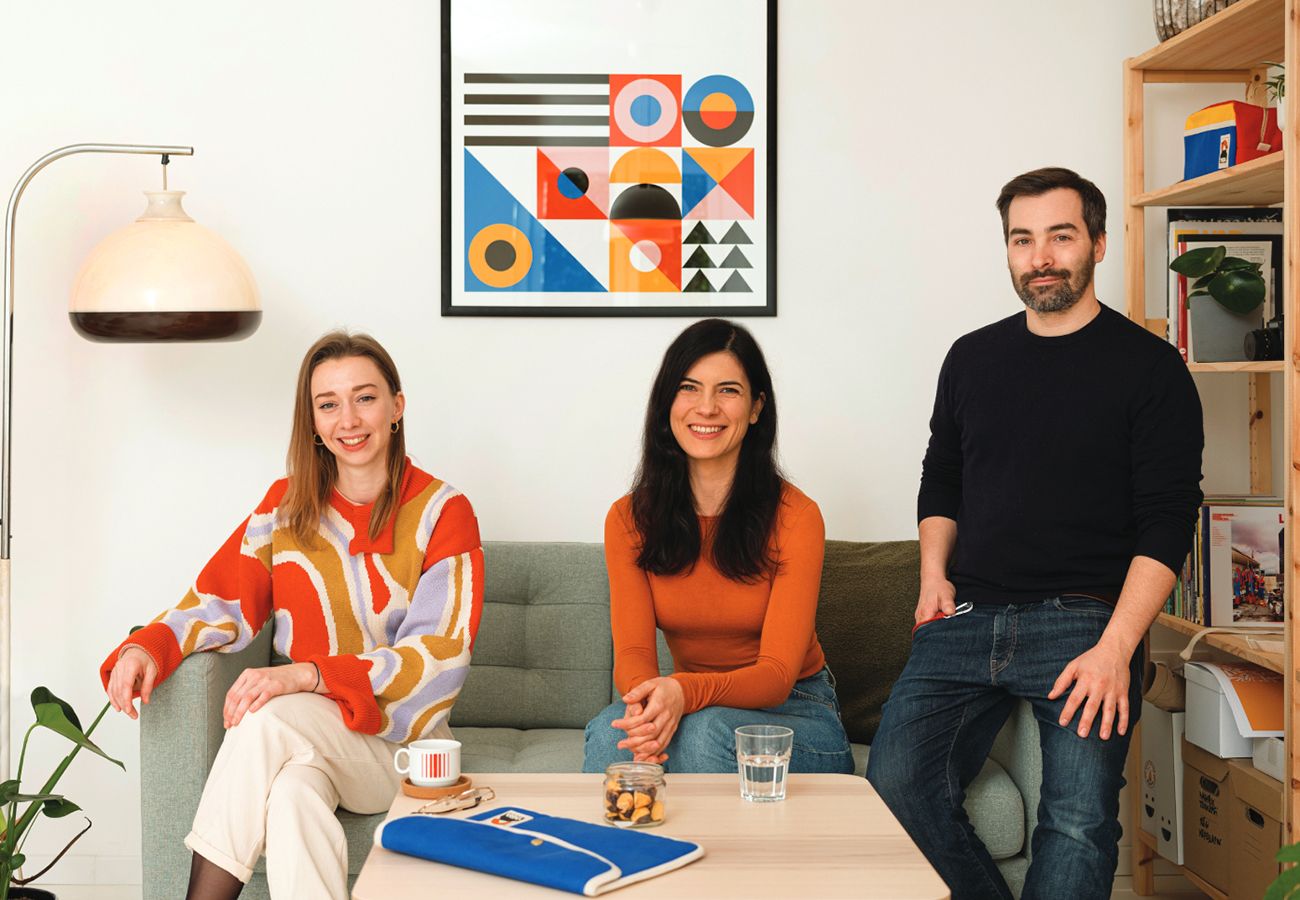In the residential, upscale neighbourhood of Budapest’s 11th district, a stone’s throw from the Buda hills, we visited the small team keeping the culture of long-lasting, handcrafted, quality products alive. Vintage style hiking backpacks on a shelf, the latest lifestyle magazines and brochures lined up on the wall ledges, and sketches scattered on a table beside a steaming hot coffee—we’re at the headquarters of the iconic YKRA brand. Their first bag was made in a basement workshop, but today you can find a variety of YKRA products in over 15 countries, and 120 stores counting. After many challenges, decisions, successes and turning points, the brand recently celebrated its 10th anniversary.
In a cosy atmosphere, YKRA’s founders Balázs Lakatos and Judit Balogh, and CEO Eszter Lebó, sat down to tell us about the brand’s story, a conscious journey, filled with adventures. Discover the story of YKRA through the experiences of the team!
This article was published in print in Hype&Hyper 2022/1.
Photos by Botond Wertán
Illustration by Levente Csordás
Let’s go back to the start, what’s the story behind the first YKRA backpack?
Balázs Lakatos: Back in 2005, I was studying History at Sorbonne University in Paris when I first came across the Veja shoe brand. It made a lasting impression on me, and I was super impressed at how everyone started wearing the brand overnight—even though it had been virtually unknown up until then. The feeling was similar to Tisza shoes—a Hungarian sports shoe brand, that existed in the Communist era—which was also being relaunched around the same time, and I asked myself: “Would it be possible to create a cool, internationally recognised brand from Hungary?”
I’ve always had various interests, for example, I studied serigraphy (screen printing) for a while at art school, but it took me a long time to figure out what I really wanted to do. It was at this point that I moved abroad, to Paris, where by the 1970s, a lot of things had become very institutionalised. Back in Budapest, things were different, I saw how ruin bars were opening up in the heart of the city, and how it was flourishing culturally. So after university, I decided to come home—which a lot of people around me didn’t understand. In Budapest, after several design-related jobs, I became a sales advisor in a custom-made shoe shop and then joined the business. It was here that I got to learn a lot about the mysteries of manufacturing but I also saw the mistakes made and felt that things could be done differently. Due to the company’s financial problems, I left, and received an industrial sewing machine as compensation.
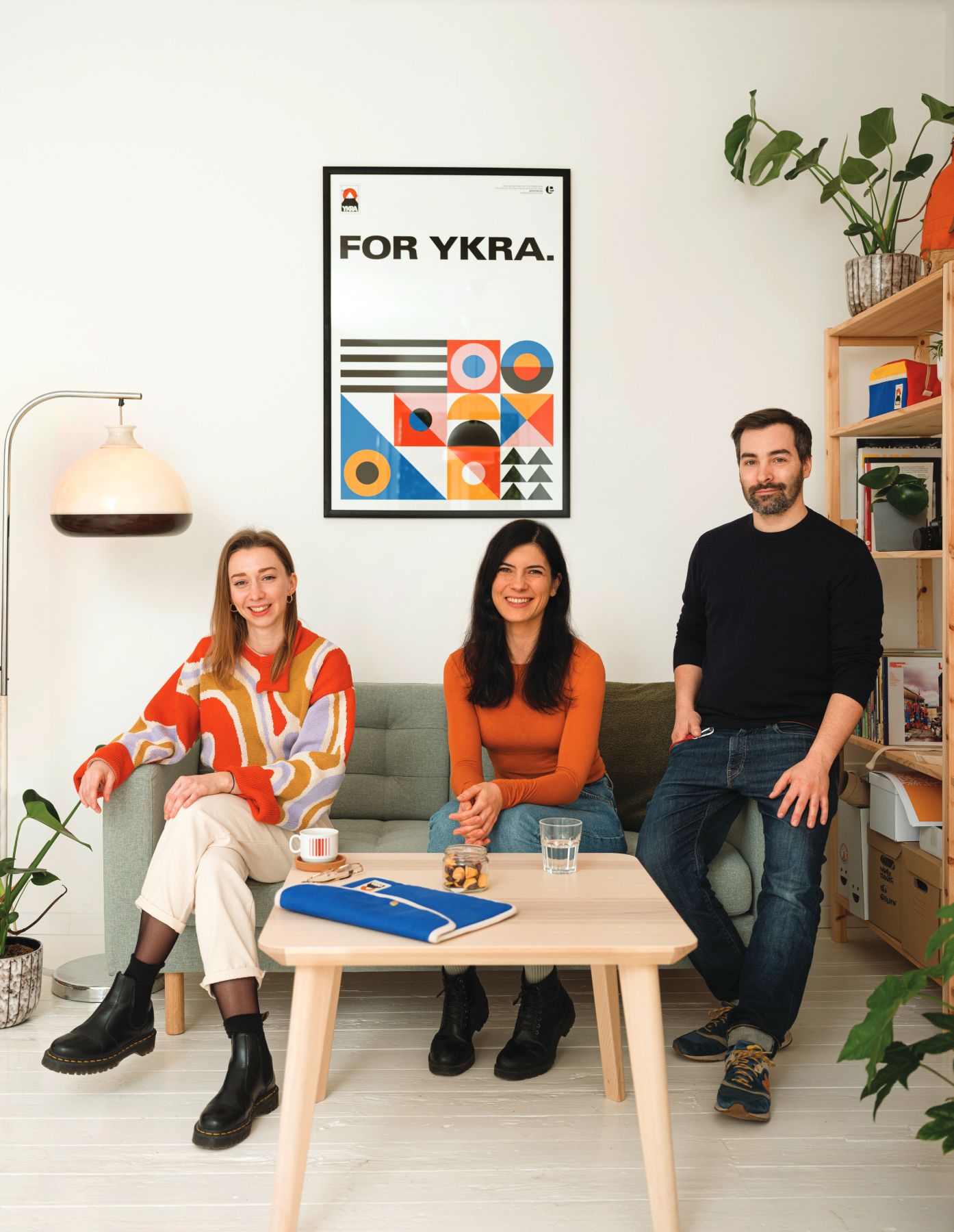
After this experience, I knew I didn’t want to make shoes, and at the time, a new wave of backpack brands like Herschell and Poler Stuff started to appear. I liked the way they reached back to classic hiking backpacks for inspiration, but my problem was that they were using plastic. As I already had my sewing machine, I decided to sew a retro style backpack for myself, one that reflected my own taste.
So this was the story of how your first backpack was made, and it’s the prototype on which the classic tricolour MATRA MINI backpack is made today. What was your inspiration?
B.L.: I had a picture in my head of what a retro Czechoslovak backpack looked like, but I had no samples to rely on, so I used my imagination. It helped that in the ‘80s, I spent my childhood in Yugoslavia, where 70’s fashion based on primary colours and polyester were all the rage: hence the YKRA colour scheme. The brand name YKRA comes from a graffiti pseudonym I used during my student years in Paris, and after I had the name, the typographic logo was born, which we used to screen print T-shirts, and the final version of the logo was inspired by Japanese woodcuts. I knew from the very beginning that I wanted to work with only the best, quality materials, real leather and cotton canvas, and that I wanted the product to meet the high expectations of a Swiss or Japanese customer.
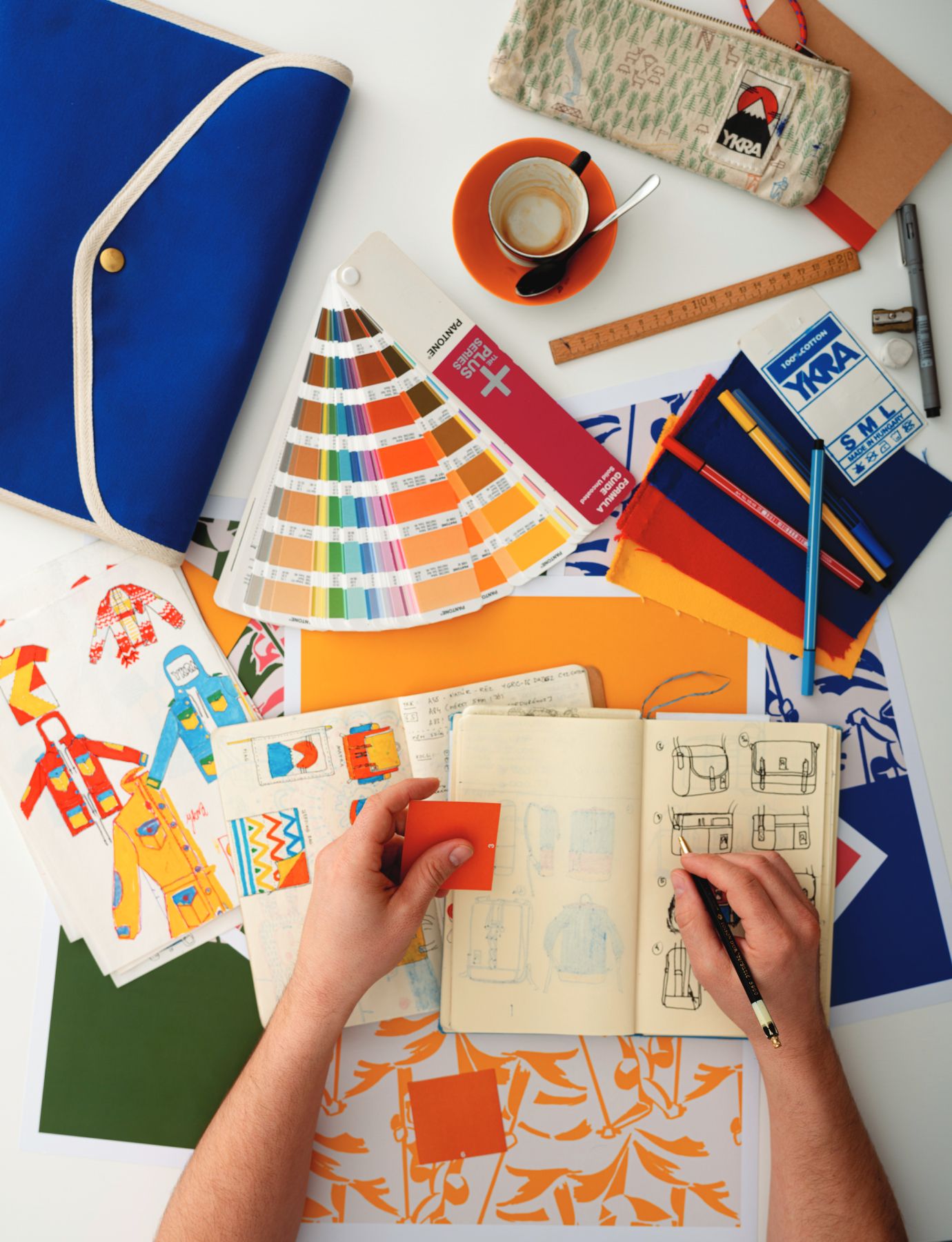
Then came another turning point—Balázs met Judit, and they became partners in all aspects of life. How did one backpack pave the way to full-fledged brand?
Judit Balogh: The first time Balázs and I met, he was wearing the very first bag he had ever made. It was the prototype of our backpack now known as the MATRA MINI. Balázs made a few pieces, and more and more people wanted to purchase their own. Orders started to flow in, and we started selling the backpacks in stores as well. I graduated from the Moholy-Nagy University of Art and Design (MOME) with a degree in Art and Design Theory, and when Balázs and I met, I was studying Cultural Management in a postgraduate course, so it was a natural step for me to help Balázs with his work. At the time, the bags were made in the basement of Telep (a cult bar and gallery in downtown Budapest) and it’s also where we put together our first online catalogue, which we sent out to multi-brand stores abroad in the hope that they would buy our backpacks wholesale. To our surprise, straight away we got into some very prestigious stores like Langbrett and Voo Store in Berlin, or Merci in Paris, which was a huge acknowledgement of our work. Our presence in these stores validated the brand and brought in even more resellers, and with that, YKRA gained a presence abroad.
It goes to show that as a small brand, you decided to take a risk to expand. You were already selling your products abroad, while still sewing them yourselves. How did the brand manage to stay sustainable?
J.B.: Through our first reseller stores, a Danish sales agent found us relatively quickly, and working together brought us many new stores. Thanks to this partnership, we also collaborated with Henrik Vibskov, the world-famous Danish fashion designer—and earned a spot at Copenhagen Fashion Week.
Of course, the increased demand also affected our production volumes. The small-scale production in our own workshop couldn’t keep up with the volume of orders, so we outsourced it to a domestic manufacturer, where our products are still made to this day. We’re very proud of our business relationship, as we’ve been working together for eight years now. Looking back, we were definitely not prepared for such growth, and it was a challenging period. To build a brand that could stand its ground abroad, required a much larger financial investment, and we had to grow up as a company and as entrepreneurs fast. We always had to go one step further, and this was also a driving force behind the brand.
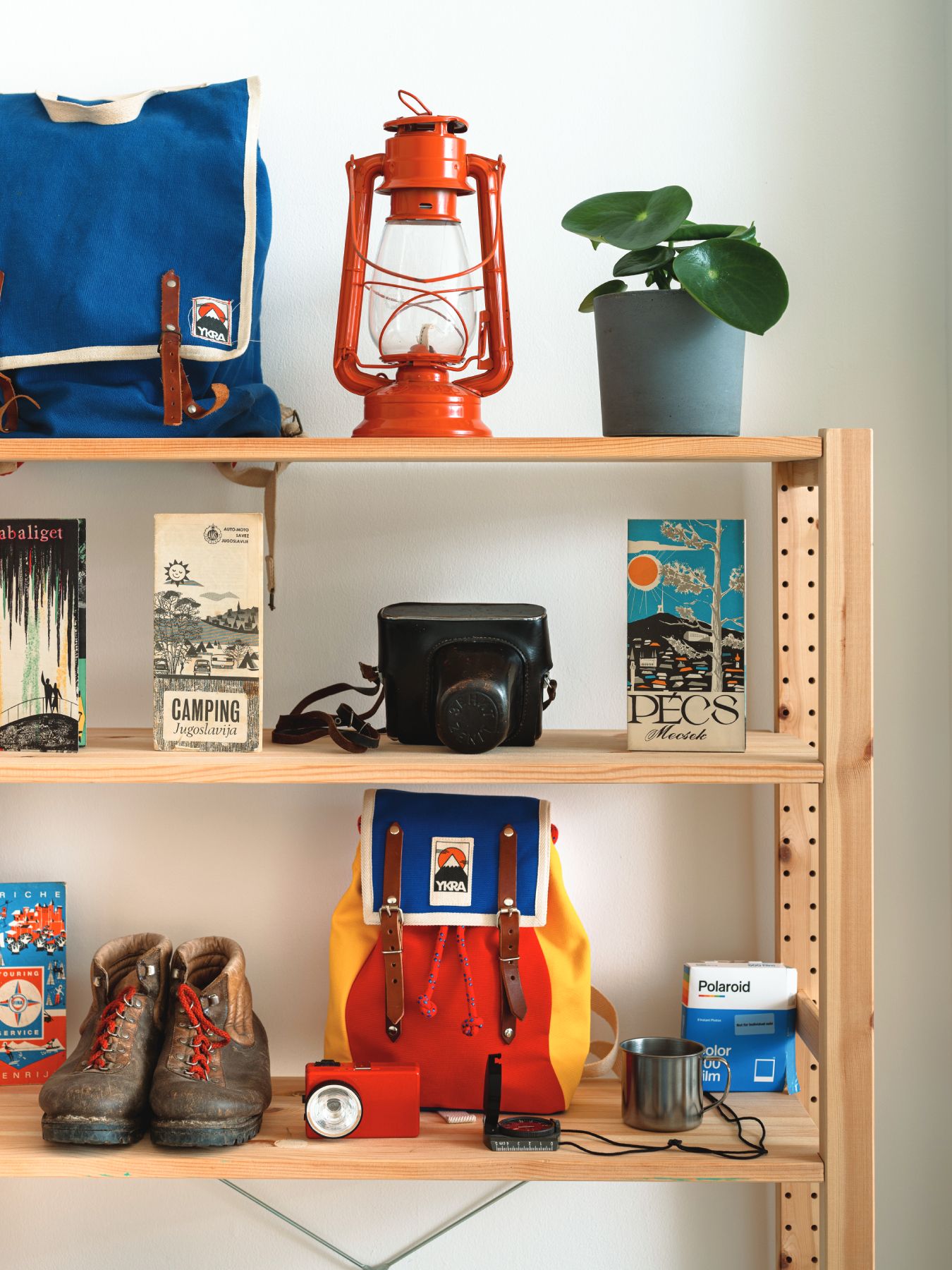
I think it’s always been among our traits that in addition to growing steadily and organically, when we’re faced with a major decision we’ve taken bigger steps, ones we didn’t necessarily have the tools for at that moment. This was also the case when we felt that to build a more serious brand and company, we needed to move on from Telep. While we temporarily moved our office into a room in our apartment, we also hired two new team members (a production manager and a sales manager) which initially, was financially taxing. However, we knew it was necessary for further growth, and it worked: with their added work, a new phase in YKRA’s life began.
YKRA is also known for its limited collections, and the first of these were created back in 2014 featuring Hungarian fashion designer Dóri Tomcsányi’s artwork. This has since turned into a tradition, and from time to time, you bring out collections with designs by different creatives. Why are these collaborations important?
B.L.: We’ve actually used vintage, reused materials for our bags since the start of the brand, but from my stint in the shoe business, I learned quickly that it’s not a viable business model. It’s important to be able to produce unique products in larger quantities, not just one-off pieces, so we decided to bring out limited edition collections instead. We also knew that to be able to stand out from the crowd internationally, having a good product alone, wouldn’t be enough, we needed to add an extra element.
As Juci previously mentioned, working together with Henrik Vibskovval gave the brand a huge boost abroad, and in Hungary, we reached similar success with our collaboration with Dóri. Our aim at YKRA is never to follow trends, but to try and outdo ourselves, to surprise our customers, and show them something new and exciting, in the form of backpacks and gear that will be admired from the other side of the street.

In the meantime, your son was born, and your headquarters moved from your home to an office in Buda—where we’re talking now. A new chapter also started once Eszter Lebó, the brand’s CEO joined the team.
Eszter Lebó: During my MOME university years, I was a communications internat YKRA—I organised photo shoots and ran the social media for the YKRA STORE above Telep. After one year I switched roles and started working in sales, but unfortunately, our capacity couldn’t keep up with the demand at that time. It became clear that we had to make changes on the production side before we could focus on growing the brand abroad. In the meantime, I also had to write my Master’s thesis—which focused on backpack culture—so we parted ways for a while.
We met up again at Christmas in 2017, and Balázs offered me the role of managing the company. Up until then, Juci and Balázs were the only two people running YKRA, and Juci was about to become a mom. They gave me a huge vote of confidence, and it must have been a very difficult step to take as owners—to let go and pass over the leadership of the brand they had been building up until then. For me, it was a challenge I couldn’t refuse. At the time, the brand was stagnating, as the investment in the costly production process had created a very difficult financial situation. In my first year we worked towards creating stability. We optimised every aspect of the brand, and our former production manager, Kati Király, came back on board—with her expertise and precision, everything got back on track in terms of production. We also built a new team, changed the company culture, and we started to reach new levels of success.
In the last three or four years, the brand has experienced a lot of growth, with booming sales, and resellers that have started to reach out to you, and not the other way around. YKRA has also managed to stay afloat during the pandemic, debuting new products and even a new sub-brand—YKRA Kids.
E.L.: We reacted very quickly to the situation. We abandoned our annual plan and embarked on a completely new strategy: we focused all our capacity on our online presence and webshop. The demand for children’s products had already been there, and many children’s shops were already selling our accessories and some of our bags. While there are plenty of children’s clothing brands, we saw a gap in the market for brands specialising in premium children’s bags and accessories. We decided to fill this gap, and YKRA’s sub-brand, YKRA Kids was born.
This year, we’re focusing on further expansion abroad, and strengthening our presence in our existing markets as well as aiming to enter new ones. This summer we’ll be embarking on a tour of trade fairs in Berlin, Paris, Florence, New York, and Copenhagen. We’re also constantly expanding our product range: we’re experimenting with new designs and outerwear products. In the spring, we’ll be debuting our new capsule collection of cotton T-shirts, hoodies and socks.
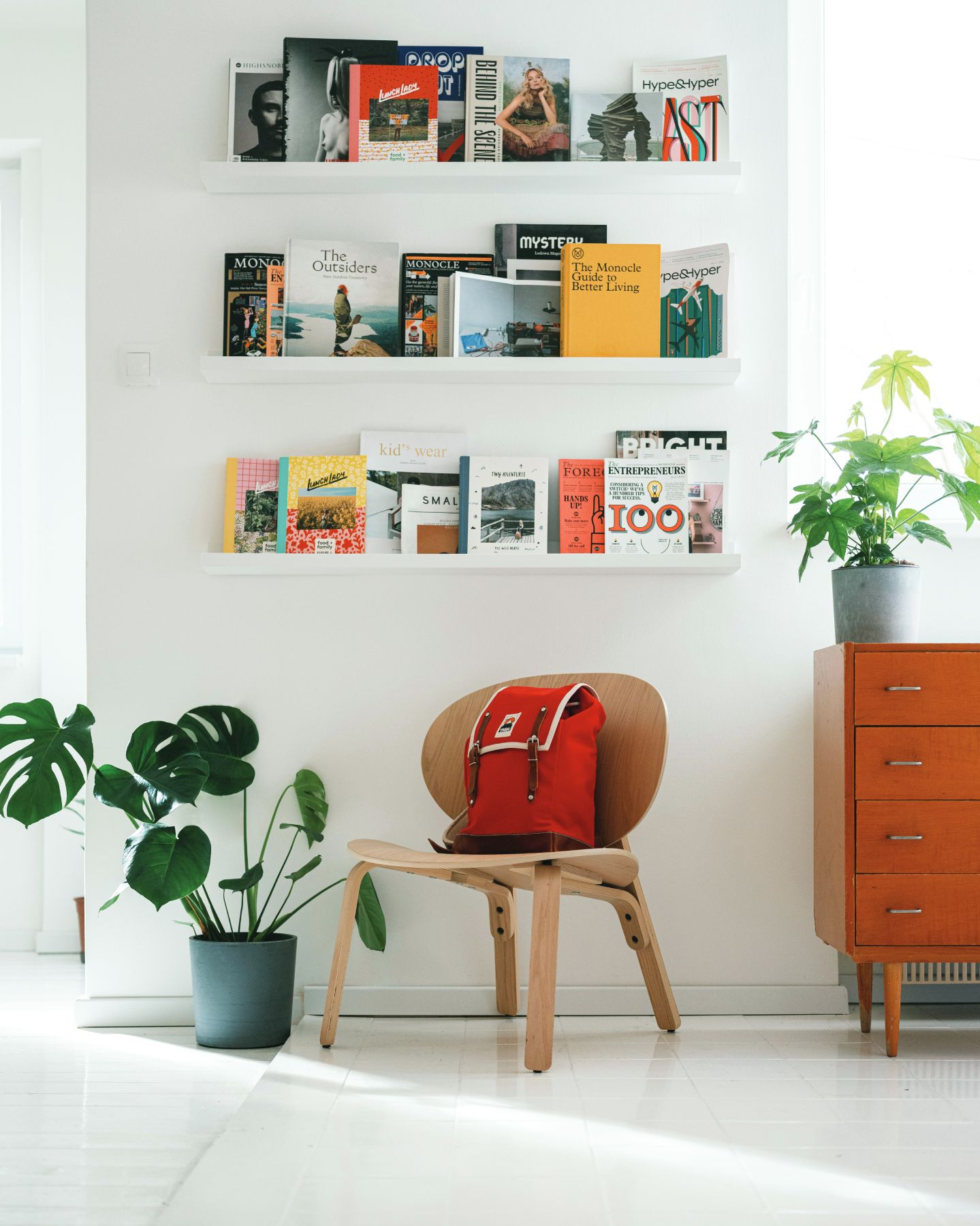
Since the launch of the brand, YKRA has been very popular, and this popularity has been maintained over the years. Looking back at the past ten years, what do you think is the secret to the brand’s success?
B.L.: I see the success of the brand in our perseverance and continuous learning. There were so many times when YKRA could have failed, as so many other small fashion brands have, but we believed in it and gave it our all, we sacrificed a lot to make it a success. We were also in the right place at the right time, and we put our hearts into what we do. We make our products with the best materials and quality, and we work with the nicest people, and have high expectations of ourselves.
J.B.: I think an important factor in our success is that we don’t try to follow trends and fads, instead we tread our own path. We have an established view on what we want to create not just visually but in terms of brand values and we stick to them.
E.L.: Every backpack is permeated by the nostalgic atmosphere that is the essence of the brand, and this is what sets them apart from all the other bags on the market. Despite having many different products and collections, the YKRA world has a strong visual presence in which they are all connected in one way or another. This is a consciously used cohesion that gives a unified brand image and is easy to identify with.
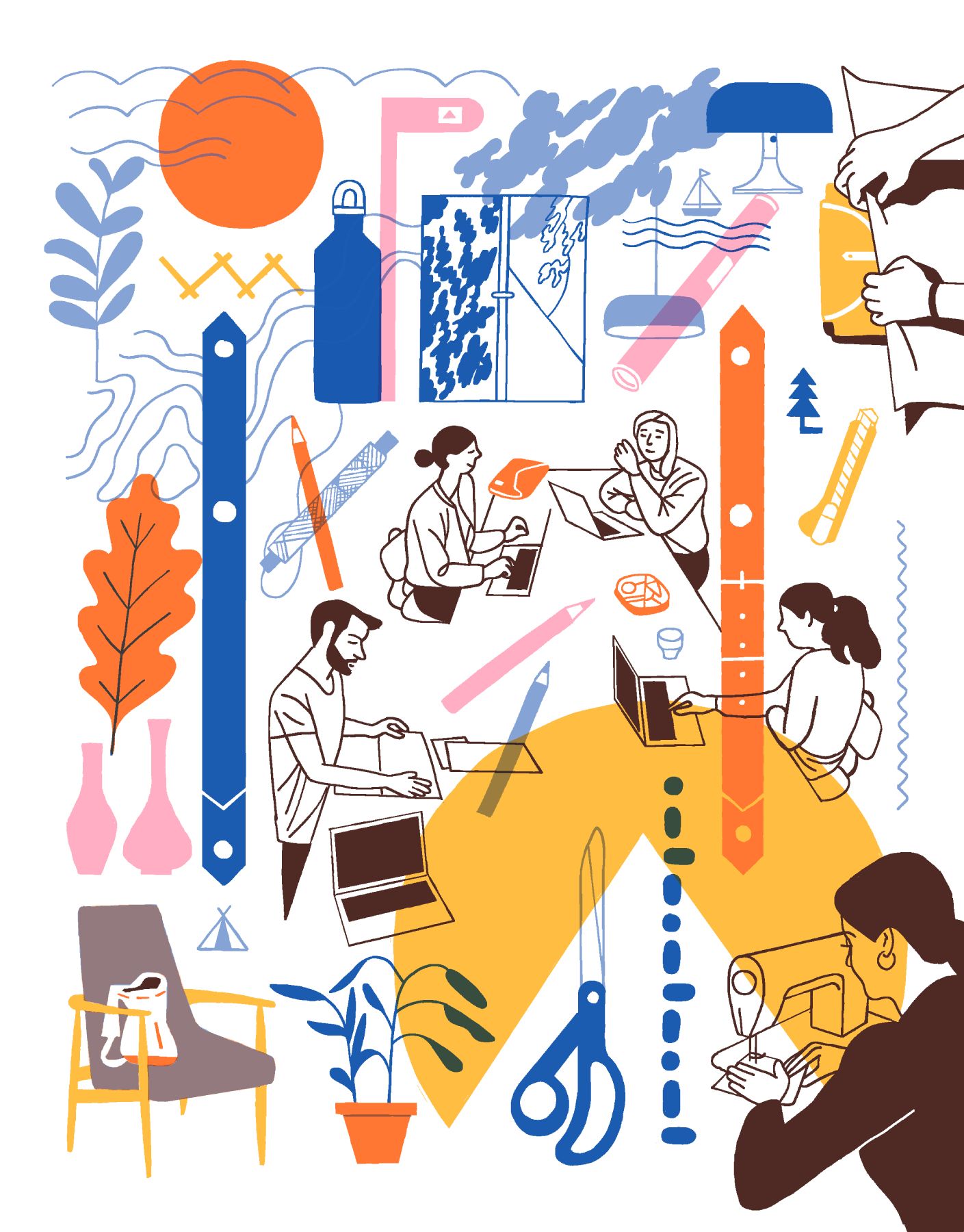
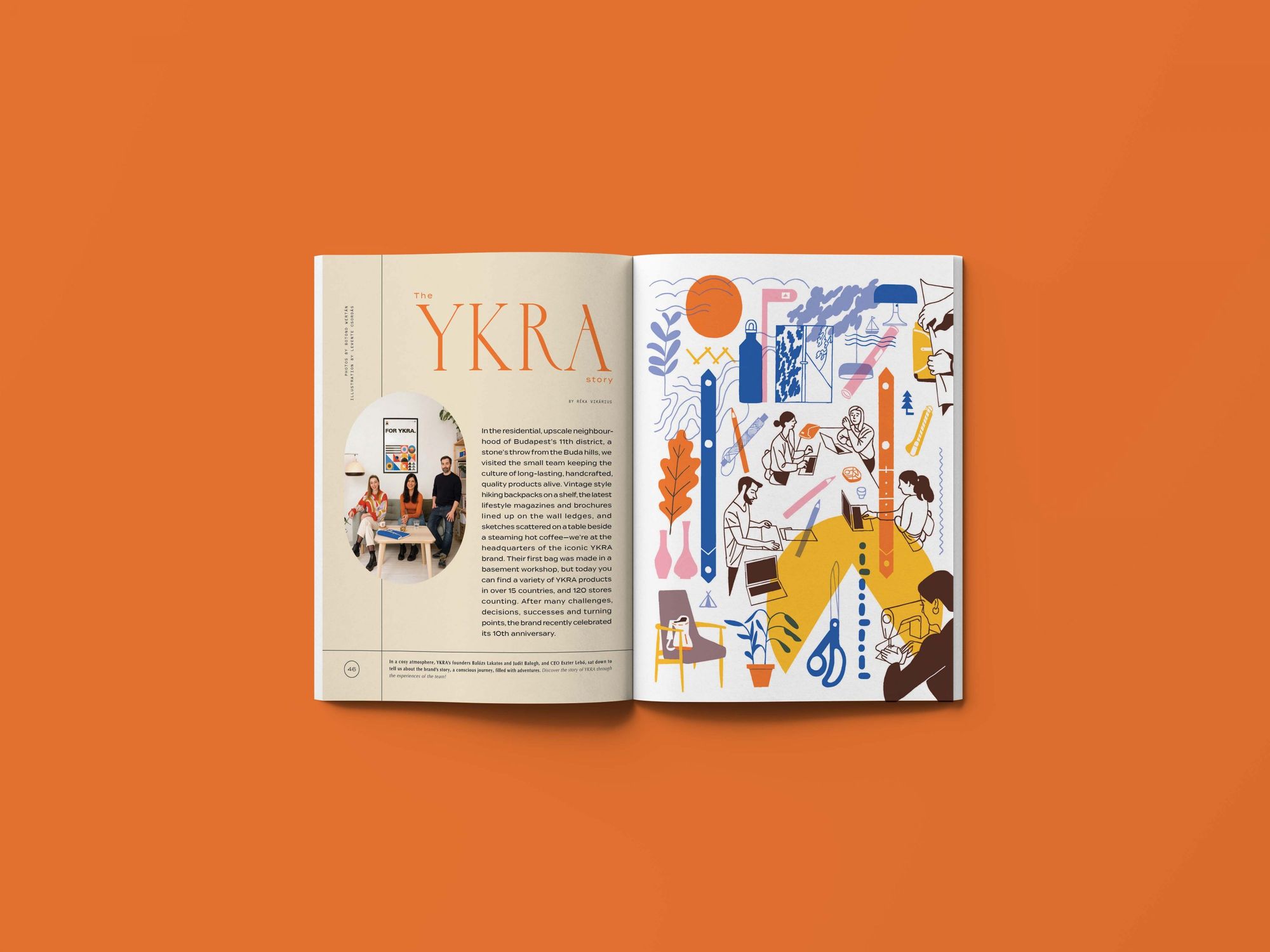
Prefer to read it in print? Order the third issue of Hype&Hyper magazine from our online Store!
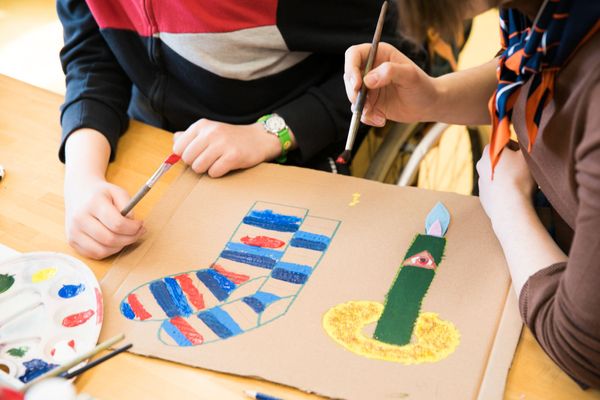
An exhibition that helps us connect to people with reduced mobility | Ösvényeinken: Veled
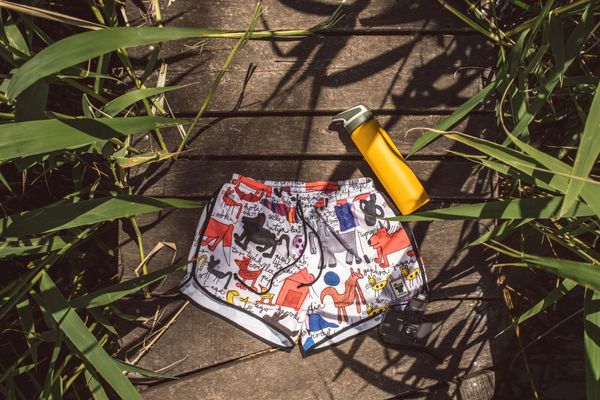
Limited Tisza swim shorts to help people with autism
